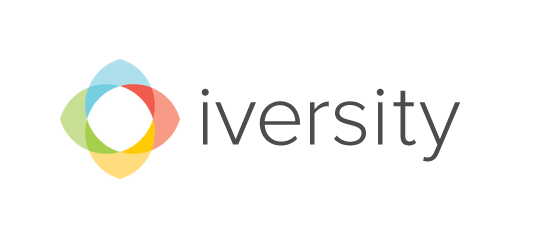

[Discussion] Barriers for e-learning success
[Moved from discussion thread] There are many ways to develop and provide demanding e-learning content. But then we have to accept that cost efficiency or cost saving could not be the argument to bring e-learning onto the agenda. Demanding content has it's price! In times with restricted budgets there are not so many possibilities to develop demanding content, in many cases this ends up with single showcases of good, demanding content.
In the KPMG study which is basis of this MOOC chapter we can read that 58 percent were indifferent to e-learning and overall almost 90 percent were either indifferent or demotivated (figure 11 form KPMG study, p. 22).
Similar results can be found in a recent study from Impact which reports that only 9% find online learning highly effective:
"Online learning is increasing exponentially all over the world, yet this survey seems to show that people perhaps aren’t happy about that, or do not trust that they can actually learn effectively using online tools."
A study from Towards Maturity shows a list of top barriers (p. 17). The top barriers are the cost of setting up and maintenance of technology solutions, the time to develop and build good quality learning content. And at the third place user engagement. Negative perception of online learning as a whole also mentioned.
But it's not only a content or engagement problem. In another survey from Towards Maturity (p. 21) four out of five learners report that they face barriers to learning online.
In many enterprises there is a strong interest in finding new and innovative ways to make e-learning courses (esp. WBTs) more flexible, more attractive and more learner centric. In a recent benchmark I have done scenario based learning, intelligent use of “virtual” technologies, digital practices with augmented reality and bundling of resources for curricula programs have been mentioned among others. But also moderation of learning and experience communities, social learning (with and without) governance, user generated content and peer-to-peer learning is in the scope.




Thank prof.Dr. Joachim,
It is even beyond the negative perception and cost of creating content, but the access and possibility of worker in companies interacting with online learning is very difficult to many workers. Limited access to online access to digital and online learning makes it hard for some professional to take. Thank you for the extensive information that give a balance in usage and non-usage of digital learning approaches.
Hi John, you point to two very important challenges: a good technology infrastructure is essential to reach a high level of maturity and excellence in digital learning. And also the existing media competences of employees are a significant barrier. And do not forget the corporate learning culture as a challenge!